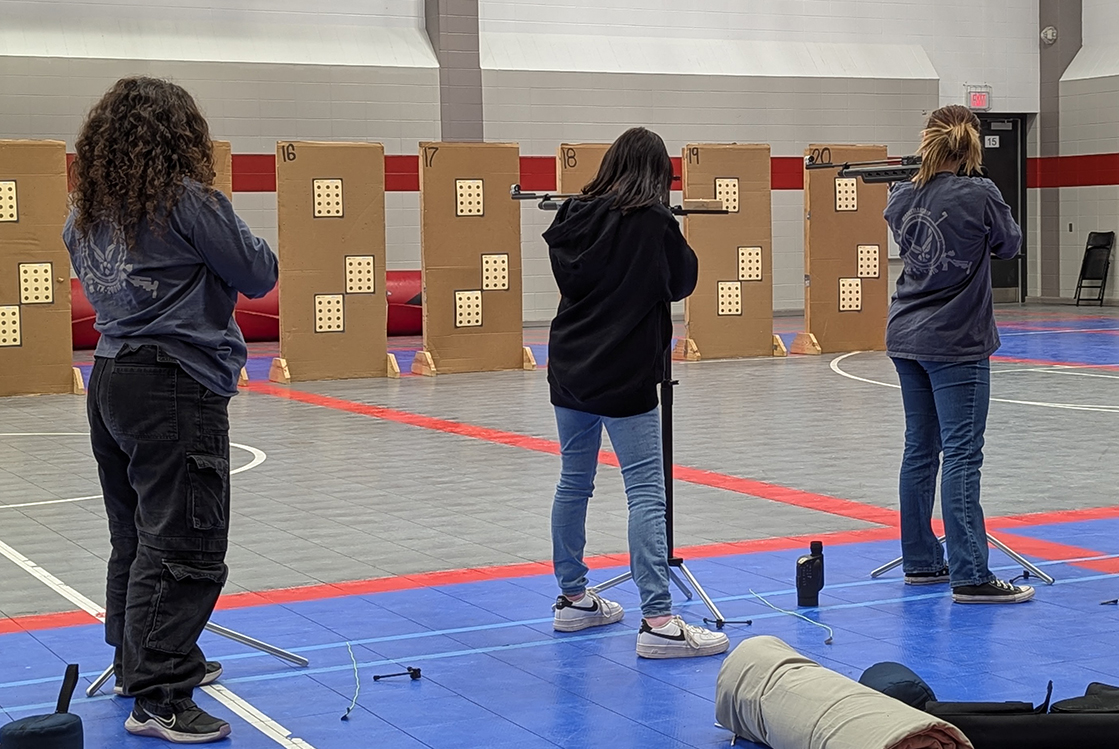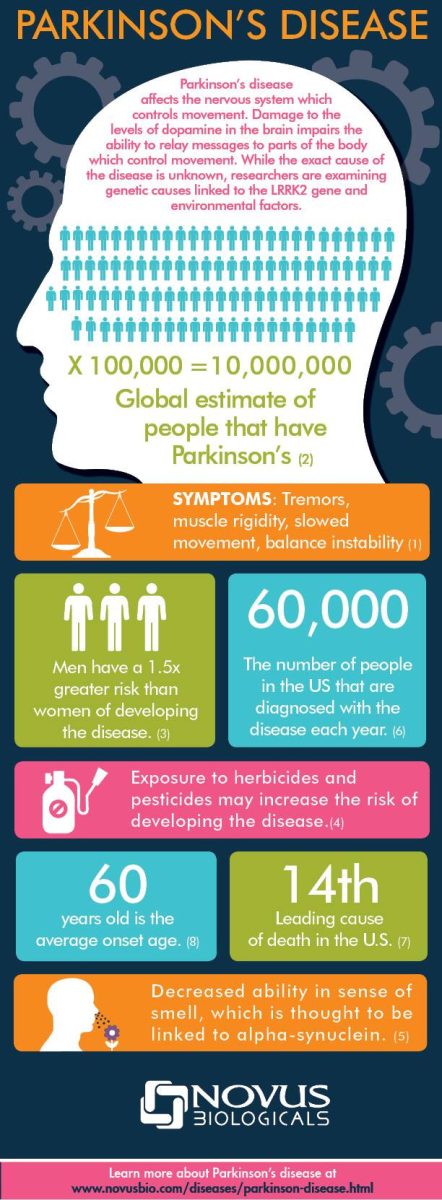For the past three years, Bryan High School has received five out of the seven STAAR distinctions including: reading and ELA, math, science, and social studies indicators, as well as post secondary readiness. The two distinctions the school is still working to achieve are student progress and closing the achievement gap.
“One thing we’ve done to improve in English classes is implement the readers writers workshop,” associate principal Megan Jones said. “We visited a lot of schools that have seen success in those two areas in the progress and closing the achievement gap, and that’s kind of the model they follow.”
This gives students more choice in what they read and allows them to conference with their teachers and help in their reading and writing skills.
“Students write more and read more,” Jones said. “It ups student literacy and that’s what we hope will improve across all areas, even though it looks like an English focus, students read a lot on the math test and the history test, so we hope that’s going to help.”
Each distinction encompasses a variety of aspects of the tested course which provides indicators to the progress the school and students are making.
“With the reading and ELA indicators, the state looks at greater than expected growth including advanced academic achievement,” Jones said. “When students get to post secondary readiness, the state looks at graduation rates. The graduation plans for students include if a school has more students on minimum or distinguished plans as well as other indicators.”
Bryan High met the standard for STAAR again this year and is doing well compared to other schools in the state of Texas.
“In the 40 comparison schools, those are state wide, were right on par with them,” Jones said “Some areas we scored towards the top, some towards the middle, some towards the bottom so we’re doing what we need to. We just want to be at the top on all those and then obviously we’d like to earn those two other distinctions because you want seven instead of just five.”
Jones believes that students just need to taste success in order to have the desire to become successful.
“When kids experience a little bit of success, I think they want a little bit more,” Jones said. “We have to get that first feather in their cap because they know how that feels. Students want to be better, so if we can kind of get their foot in the door, then it just becomes a snowball effect because nobody wants to be mediocre. Students want to do better and be better.”
Jones thinks that standardized testing is important to see where a school stands, but doesn’t think it’s a good way to assess each student in the school.
“I think it would be great if we did take a test in each area but I don’t think it needs to be four hours,” Jones said. “I think it could be just something that kids take in an hour or a class period and that would be sufficient. It could even be done maybe two or three times a year instead of the one stop shop.”
Jones sees a lot of the stress that standardized testing puts on students and remembers how different it was when she was in school.
“I know that we need to know what students know, but there has to be a better way to gauge that because it’s just a lot of pressure,” Jones said “I don’t remember it being like that when I was in school. I was a TAAS kid and I remember one day we went to the gym, we threw our bags on the floor, sat down, took a test, and went back to class. There really wasn’t any discussion about it, it was just kind of a different day and then we went about our business.”
Sophomore Abby Terry knows firsthand what it feels like to get stressed out about an upcoming exam.
“I have very bad test anxiety.” Abby said. “Whenever I have a test it is usually not my best performance and so being forced to have STAAR count for so many things, adds pressure on me that I put on myself. I know need to make a really good grade on this test and I need to do well on this. I feel that pressure which causes me to freak out and go completely blank.”
However, Abby’s anxiety did not just manifest mentally as she faced extreme physical obstacles each time she took an exam.
“I used to almost have asthma attacks every time I’d take a test,” Abby said. “Afterwards, I’d turn it in and then there’s just this sense of worry. I’m finally able to get a little bit of my breath back because, during the test I’m practically holding my breath because I’m so nervous on it.”





